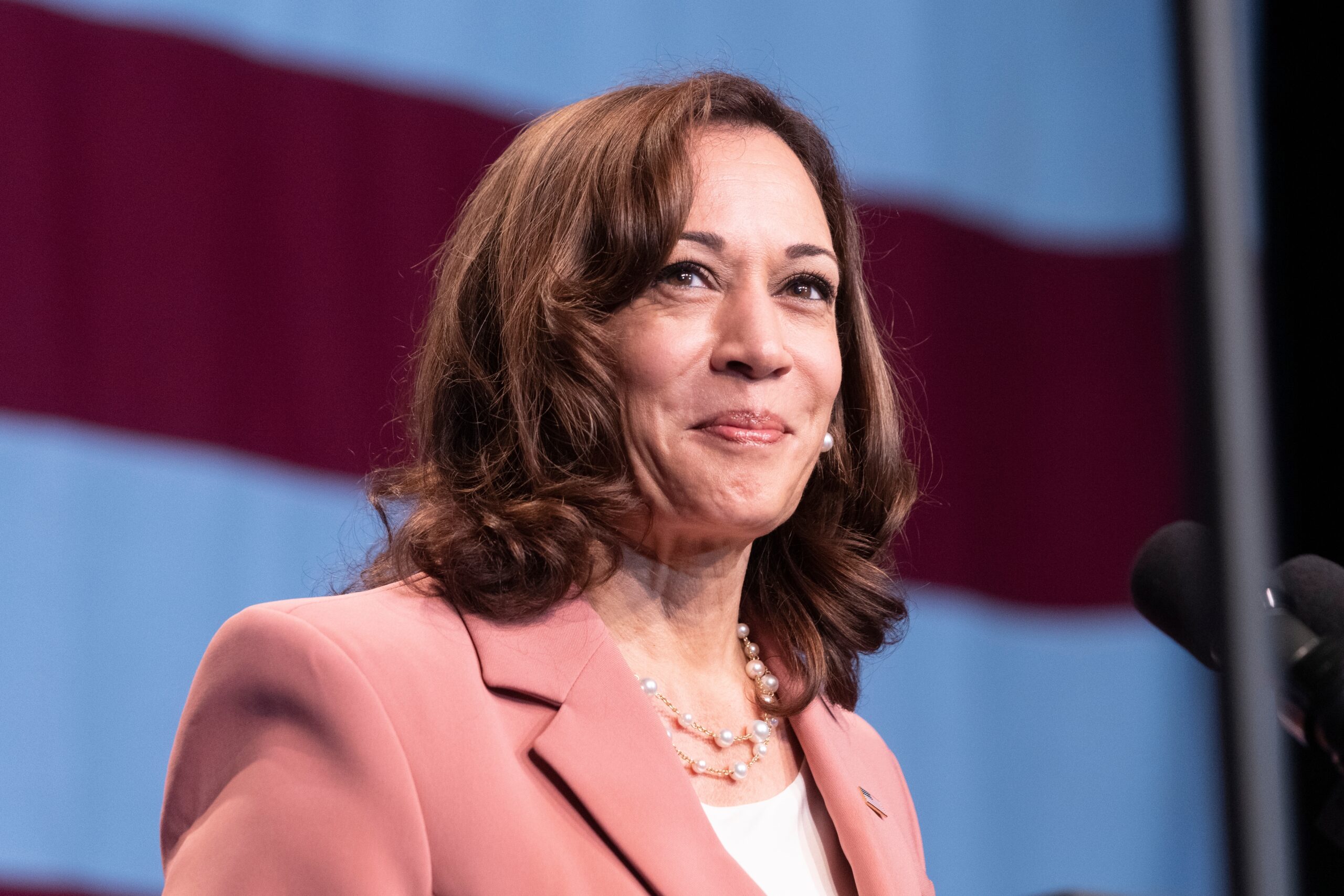The Democratic Party officially released its latest platform ahead of this week’s Democratic National Convention, but to the disappointment of many in the crypto industry, the document contains not a single mention of cryptocurrency, Bitcoin, or digital assets.
This omission comes despite ongoing speculation that the party might signal a shift in its stance toward the crypto industry, particularly under Presidential candidate Kamala Harris, who many hoped would push forward with a “crypto reset.”
Crypto lawyer Gabriel Shapiro commented on the news on X, writing “those who listened to me and [Ryan Selkis] will not be shocked; you never got psyopped.”
The industry has been hoping for a change, particularly given the treatment it has received under the current Biden administration. With Gary Gensler at the helm of the SEC, the crypto sector has faced numerous lawsuits and unfavorable policies, including an alleged campaign to cut off the industry from the U.S. banking system that critics have termed “Operation Choke Point 2.0.” The need to court crypto votes and money has fueled hopes that Harris might introduce a more favorable approach, but the platform’s silence suggests otherwise.
Less than one month ago, Democratic Representative Ro Khanna from California was hopeful that the party would “make a turn” on crypto. On an Unchained episode, he outlined five key points he hoped to see included in the Democratic Party’s platform. These included ensuring that the U.S. remains a hub for crypto industries, fair banking practices for crypto companies, allowing banks to hold digital assets, clear regulatory boundaries between the SEC and CFTC, and even exploring bitcoin as a reserve asset. Despite these efforts, however, none of these ideas made it into the official platform.
Notably, the Democratic platform appears to have been drafted before President Joe Biden’s withdrawal from the race, and still includes references to Biden, according to Eleanor Terrett of Fox Business. It is unclear, according to Terrett, whether the platform will be updated to reflect Harris’ policy agenda.
Further fueling concerns within the crypto community, a recent report revealed that Vice President Harris is relying on advisers who are seen as decidedly anti-crypto to develop her economic plan. Among them are Brian Deese and Bharat Ramamurti, both of whom played significant roles in crafting the Biden administration’s stringent approach to cryptocurrency regulation. Deese, a former director of the National Economic Council, co-authored a White House blog post advocating for increased enforcement and expanded regulatory powers over the crypto sector. Ramamurti, who served as deputy director of the National Economic Council and worked closely with Sen. Elizabeth Warren—one of the most vocal critics of the crypto industry—has also been tapped as an adviser.
Read more: Kamala Harris’ Reported Economic Advisors Have Crypto Up In Arms
In an effort to garner support from the crypto community, Democrats recently hosted the Crypto4Harris town hall, in which key party members pushed for what they called “sensible” crypto regulations. U.S. Senate Majority Leader Chuck Schumer and other prominent Democrats advocated for a regulatory framework that would foster growth while safeguarding consumers. However, hot-button issues like Operation Choke Point 2.0 and the right to self-custody were notably absent from the discussion, leaving some attendees frustrated and uncertain about the party’s true intentions.
By contrast, former President Donald Trump and the Republican Party have taken a clear stance in support of crypto. The Republican National Committee adopted a platform that champions crypto innovation and opposes the creation of a Central Bank Digital Currency (CBDC).
Trump, who once denigrated crypto but has since become increasingly pro-crypto, has promised to halt what he calls the Democrats’ “unlawful and unAmerican crypto crackdown.” And in a keynote speech at the 2024 Bitcoin Conference in Nashville last month, Trump promised to fire Gensler from the SEC on the first day of his presidency, bringing the audience to its feet. These statements and promises highlight the stark difference in the approach of the two leading parties as the 2024 election approaches.
On Monday, the odds of Harris vs. Trump winning the election on prediction market Polymarket remained unchanged following the news of the Democratic party’s platform, staying at 51% for Harris and 47% for Trump.



